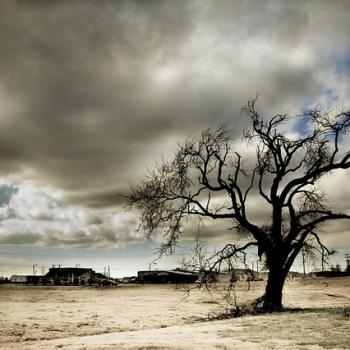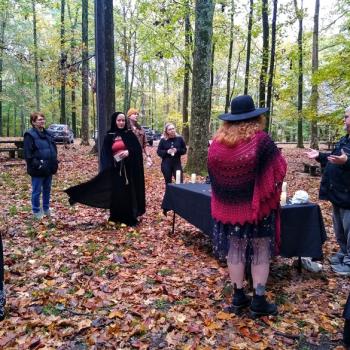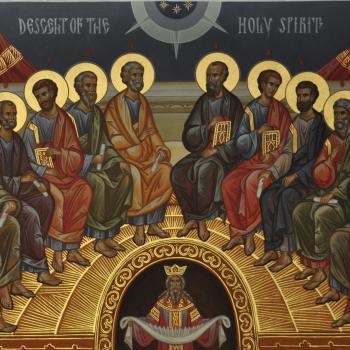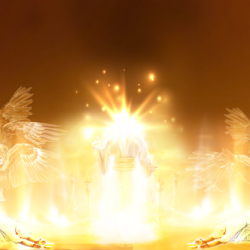Finally, another important trend to recognize in the future of Hinduism is the tension operative between conservatives and liberals, a tension clearly seen in other religious traditions as well. On the principle of charitable interpretation, conservatives and liberals both operate out of good faith, intending to promote the best interests of the broader community, however differently in terms of policy. On the other hand, a hermeneutic of suspicion might examine deeper interests of political power and the desire to enfranchise benefits for Hindus and marginalize non-Hindus. Last century, India saw the rise of religiously motivated political groups, such as the VHP, BHP, and RSS that at times were implicated in communal violence, as was the case in the destruction of the Babri Masjid in 1992. The inflammatory union of religion and politics will be an ongoing issue, as it has been in the religious history of humankind in any case.
At the same time, thinkers, scholars, and activists, moved by the deepest principles of Hindu faith, will continue to look to and draw from resources in the Hindu tradition to impact in constructive ways oppressive social structures that have either been established or reinforced by Hinduism. This process of reform also began last century and will continue in this century. The caste system, while constitutionally ‘deconstructed', nevertheless has a long hold on the Indian culture, much as racism, while illegal, still negatively impacts race relations in America. Justice for the oppressed, women's freedom and empowerment, environmental healing all are areas that not only show activist movements in contemporary Hinduism, but will also be ongoing areas of academic investigation and scholarship.
To return to my initial comment, the future of Hinduism will be an extension of ‘what is', namely an affirmation of trends that have been galvanized since the end of the 19th century and have intensified, in the dynamic interpenetration of global systems, in the contemporary era. This process is dynamic and vital, infused with great potential, but also fraught with tension, strife, and sometimes violence, as the record of constructive change in any social system typically demonstrates.
Thomas A. Forsthoefel, Ph.D., is associate professor and chair of Religious Studies at Mercyhurst College in Erie, Pennsylvania. His work focuses on the religions and philosophies of India. He has published numerous articles and has written or collaborated on several books, including, Knowing Beyond Knowledge: Epistemologies of Religious Experience in Classical and Modern Advaita, a study of cognitive dimension of religious experience in Hindu non-dualism; Gurus in America, an edited volume; Soulsong: Seeking Holiness, Coming Home, a cross cultural exploration of holiness; and Dalai Lama: Essential Writings.




